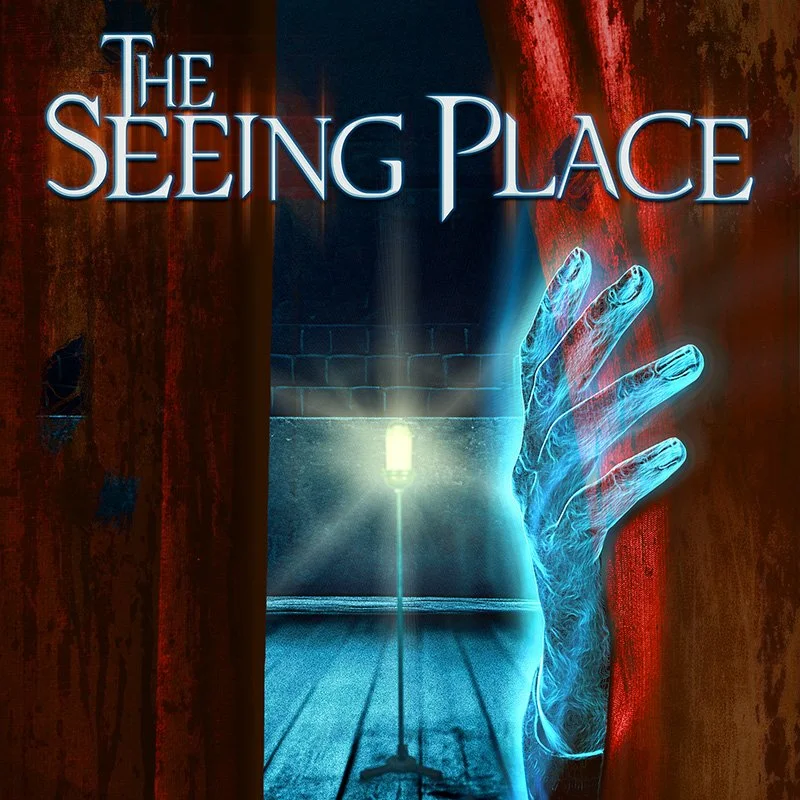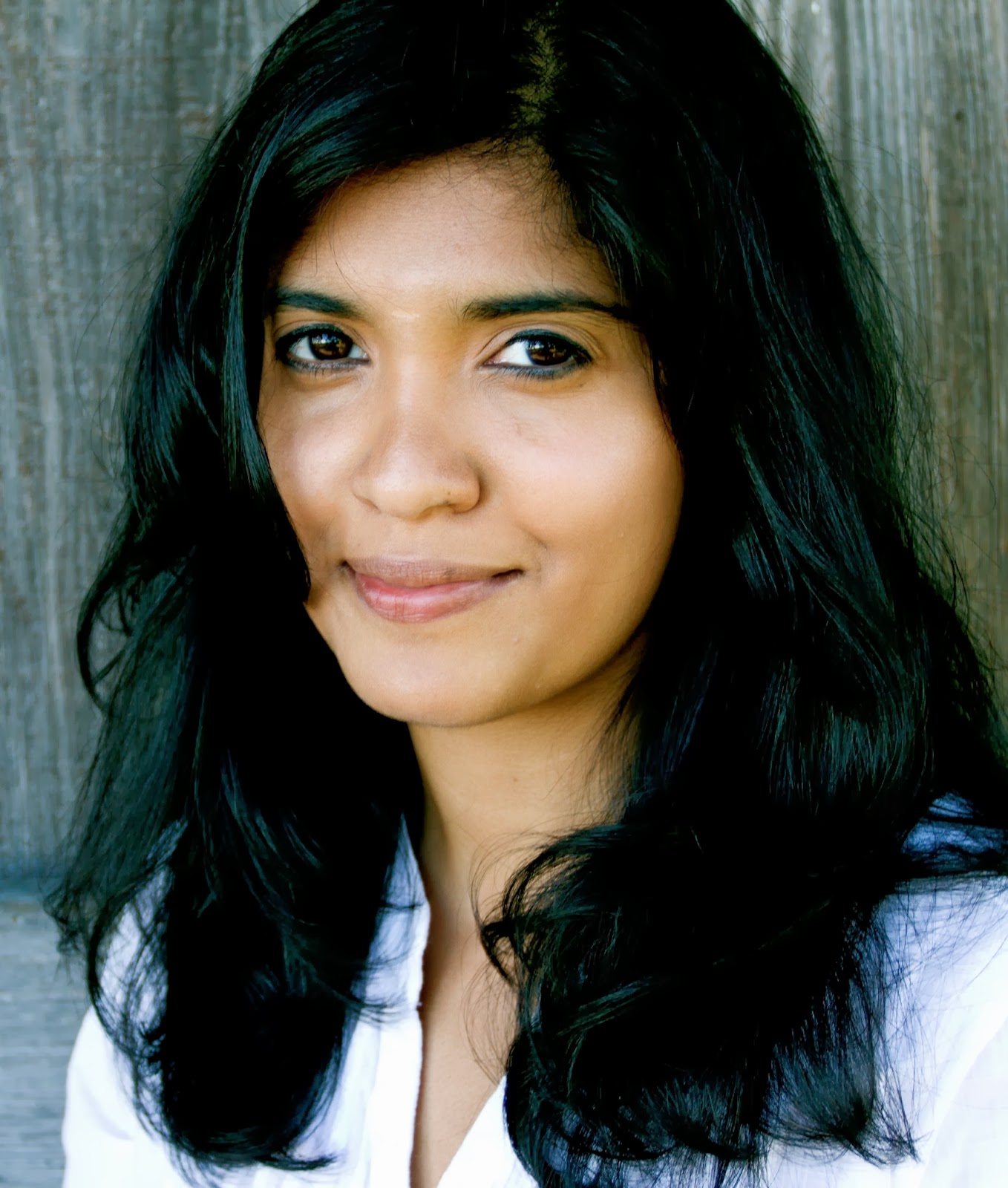“… theatre isn’t preparation for life, it is life, and even more than life!”
“Butterscotch!”
This is what one student actor (a USC student actor who is playing a USC student actor) in a play in Longstreet Theatre (in a play about Longstreet Theatre) exclaims to his fellow USC/USC student actors in Longstreet/Longstreet Theatre. What it means is, “Basta! That’s enough.” The student actor has reached his limit in an exercise they are doing during a rehearsal.
This seemingly innocuous scene takes on new significance later in the play. Longstreet Theatre, it seems, may be haunted. During the Civil War, the theatre served as a Confederate hospital with a morgue in the basement. One of the student actors has had enough of the twitching lights, unexplainable disappearances/appearances of items, cold drafts, and… (well, you get the idea and I don’t want to say more and spoil the fun), and yells out, “Butterscotch!” She’s had enough.
The Seeing Place, written by USC Theatre Assistant Professor Lauren Wilson and directed by Wilson and Marybeth Gorman Craig, is very meta. It’s a play about Longstreet Theatre taking place in the actual Longstreet Theatre with actual USC students playing USC students. It’s a play within a play. And because they are rehearsing to perform Hamlet and the scene of the play within that play, it becomes a play within a play within a play. (Poe’s “A Dream Within a Dream” comes to mind for multiple reasons here.)
Speaking of the rehearsal scene, this is one example where the direction for the play shines. The directors create, in just a short time, a sense of how much goes into preparing for a play, how much work it is, how frustrating it is, how many moving parts there are. The players move about the stage, almost as if in a ballet, to music that is perfectly paired with their movement. This could have been long and drawn out and instead it was compact and impactful.
The Seeing Place works on multiple levels: as a campus story, a ghost story, a historical drama, and a commentary on theatre. If it sounds like it’s trying to do too much, don’t worry: it’s not. You can enjoy one or more of these aspects of the play but no insider knowledge of any of them is required to just enjoy it as a good story, as a fun evening at the theatre.
Higher education is a common theme and setting for popular culture. There are hundreds of films, TV shows, and novels set on college campuses. Strangely, there are very few theatrical plays. (One of the few such plays is also set at USC: Jon Tuttle’s The White Problem, about USC’s first Black professor, Richard T. Greener, written for USC’s bicentennial in 2001. Full disclosure – Jon Tuttle is a member of the Jasper Project’s board of directors.)
These depictions of higher education can be broadly categorized as student-focused or faculty-focused. Of course, a drama or comedy focused on students will still likely involve faculty at least to some degree and vice-versa for those focused on faculty. The Seeing Place centers on the experience of students, but with an important appearance by their professor, Tarell (who they refer to by his first name), played by USC senior Kayontaye Allison.
Tarell left Broadway to teach costume design. He is referenced a few times in the first act – one student comments on his supposed fame as a designer and another wonders if he actually lives in the costume shop.
And then he appears to open the second act where we see the multiple elements of the play come together. He lectures the students on the importance of the theatre generally and on costume design specifically. He laments that costume design isn’t a required course. He instructs them on the importance of doing the background research to know how to design costumes that are historically accurate. This ability comes into sharp focus as they try to decipher what the apparition was wearing in the theatre.
With dramatic flair, Tarell exclaims that theatre isn’t preparation for life, it is life, and even more than life!
Tarell reminded me of another fictional professor, Winter Sorbeck, who teaches graphic art at a fictional version of Penn State in the 1950s in Chip Kidd’s novel, The Cheese-Monkeys. He declares to students taking his class, “When you walk through that door you become a graphic designer.” He soon takes his students on an adventure to put that claim to the test.
Both of these fictional professors cause their students – and us as their audiences – to think about what the purpose of a college education is. Is it for professional preparation? Or is it to explore deeply the world of ideas? Maybe it doesn’t have to be one or the other. These fictional professors are invoking educational philosopher John Dewey’s idea that education is not preparation for life but that education is life itself. That these ideas are expressed in a play where ghosts roam and remind us of our mortality make it all the more poignant.
The Seeing Place cast members include Kayla Barron, Grayson Bonnor, Joshua Cook, Isnerys Carasquillo, Ben Doub, Mel Driggers, Gracen Greenburg, Jacob Groetsch, Lakayla Henryhand, Aza Nyberg, Rodney Payden, Fernand Quintero, Luke Shelton, and Rachel Vanek. Scene design is by Egba Evwibovwe with costume design by Kristy Hall.
Of course, USC is a perfect setting for a ghost story. Every year the University Ambassadors give a ghost tour of the historic Horseshoe where visitors become acquainted with President McKissick who haunts the South Caroliniana Library, the Civil War nurse who haunts DeSaussure College, or whoever it is that plays the organ in Rutledge College, even after hours.
Although the cast is made up of students, you´re only conscious of this because of the roles they play, certainly not because of the level or quality of acting. In the end, it doesn’t matter if you’ve come for a campus comedy, a ghost story, or a historical drama. You’ll get some of each but most of all you’ll be entertained.
Christian Anderson is Professor of Higher Education and Director of the Museum of Education at the University of South Carolina. He teaches and does research on the history of higher education and on higher education in popular culture.
The Seeing Place runs through October 5th at
Longstreet Theatre, 1300 College Street.
Purchase tickets here.






